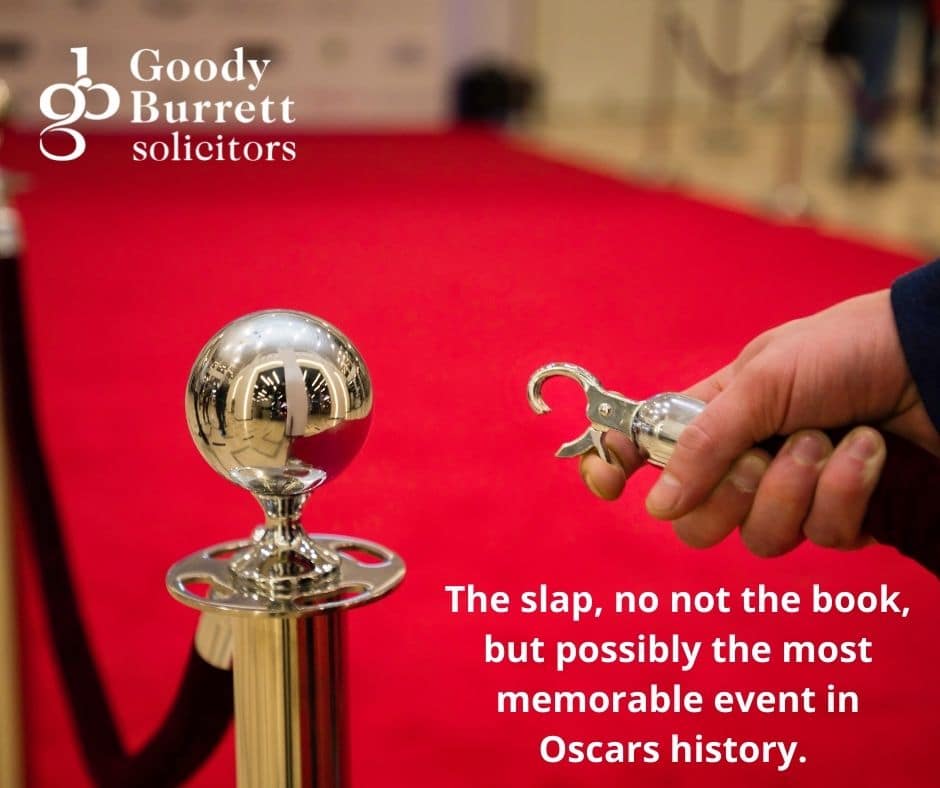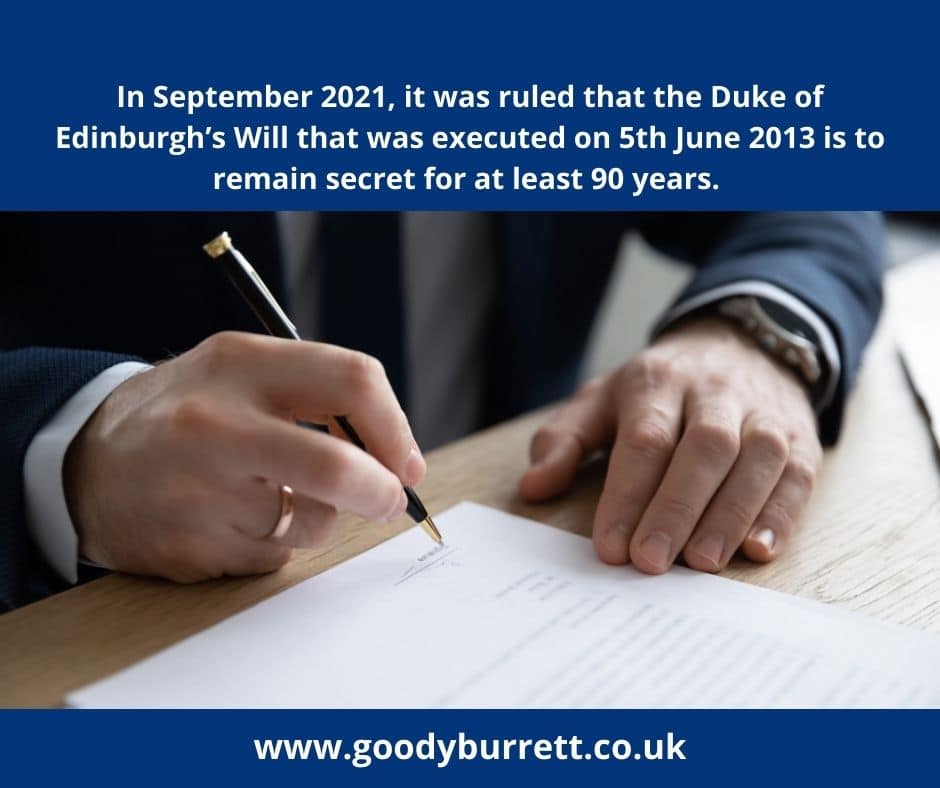
The slap, no not the book, but possibly the most memorable event in Oscars history.
The slap, no not the book, but possibly the most memorable event in Oscars history. Presenter and comedian Chris Rock cracked a lighted hearted joke at the expense of Jada Pinkett-Smith, wife of the famous Will.
Whilst she didn’t seem overly amused, Smith certainly took exception as he stormed the stage and gave the bewildered Rock a right hander followed by a few expletives. Rock recovered and carried on like a true professional. Smith won an Oscar to a standing ovation.
Of course, these circumstances are exceptional. However, should you or someone you care about find yourselves the victims of violence, or even threats of violence, there are options available.
You can apply for a non-molestation order providing you are an ‘associated person’ of the perpetrator in the eyes of the court. This is wide ranging and covers spouses, civil partners, cohabitees, co-parents and relatives.
The court will take into account all of the circumstances of the case including the need to secure the health, safety and well-being of the applicant and any child in their care.
Anyone in breach of a non-molestation order commits a criminal offence and risks up to 5 years imprisonment.
You can also apply for an occupation order which prohibits the perpetrator from entering your home and its surrounding area, should it prove necessary.
For only £99 plus VAT, we offer an hour-long initial consultation to provide preliminary guidance on your next step forward. We’re here to make life easier for you. We can be your Rock ……… pun intended.
Any email enquiries can be sent to [email protected]
For more information on our Fixed Fee
Contact either of our offices, Colchester 01206 577676 or Dunmow 01371 873277 or you can email [email protected]



